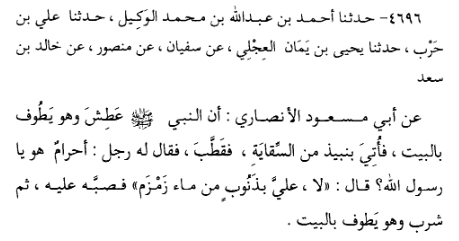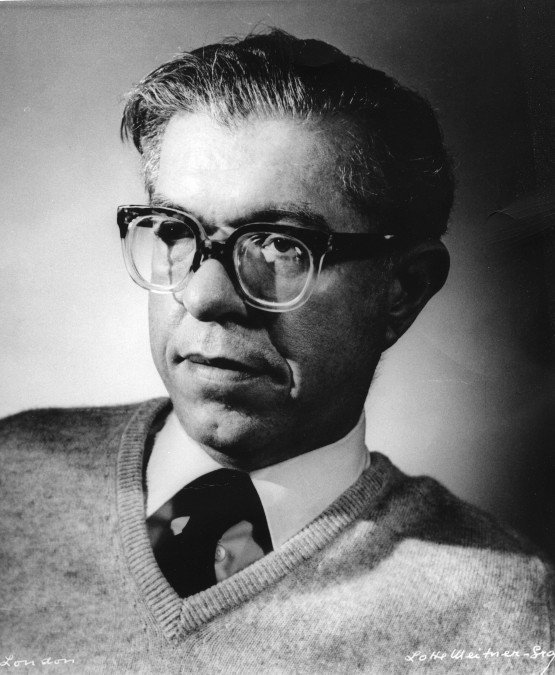sunnah.com/search/?q=%D9%…
books.google.com/books?id=FvRLC…


jstor.org/stable/43304475


Keep Current with 🎄🎅🎄Sean W. Anthony🎄🦌🎄
This Thread may be Removed Anytime!
Twitter may remove this content at anytime, convert it as a PDF, save and print for later use!

1) Follow Thread Reader App on Twitter so you can easily mention us!
2) Go to a Twitter thread (series of Tweets by the same owner) and mention us with a keyword "unroll"
@threadreaderapp unroll
You can practice here first or read more on our help page!
